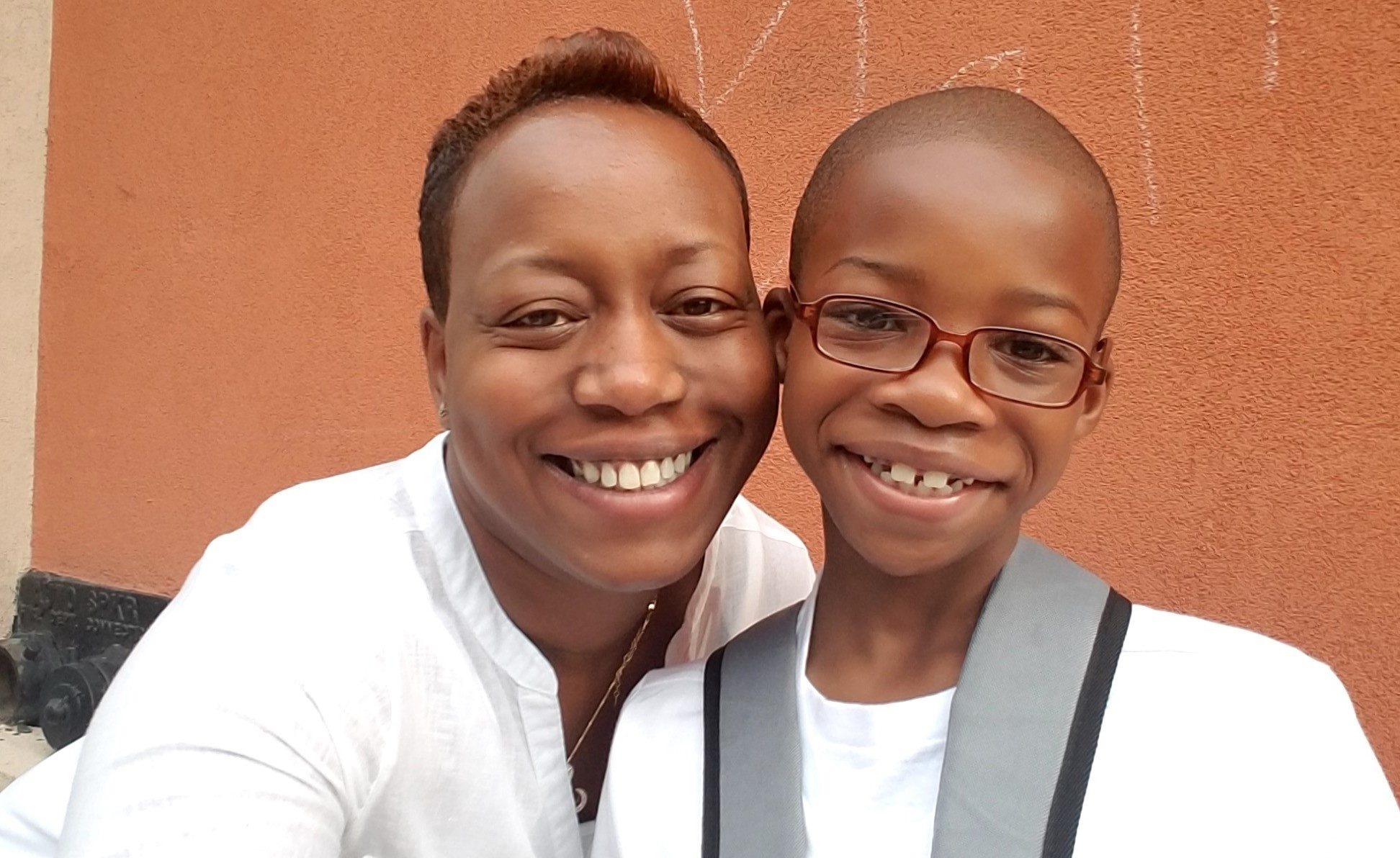 JCCA is heading the charge of increasing literacy for foster children, convincing some of the City’s most respected funders to support its work generously. The New York Community Trust has doubled its first grant to $200,000 to continue JCCA’s Early Literacy program. CEO Ron Richter points out, “Preliminary statistics demonstrate that with just two dozen in-home tutoring sessions, a child who was at risk of not learning to read can progress TWO full grade levels to catch up to their peers. This is a game-changing intervention that will positively impact the trajectory of the children in our care in ways that are difficult to overstate.” Below, LaTisha Williams relates how the Early Literacy program has made an enormous difference in the life of her foster son, Daniel.
JCCA is heading the charge of increasing literacy for foster children, convincing some of the City’s most respected funders to support its work generously. The New York Community Trust has doubled its first grant to $200,000 to continue JCCA’s Early Literacy program. CEO Ron Richter points out, “Preliminary statistics demonstrate that with just two dozen in-home tutoring sessions, a child who was at risk of not learning to read can progress TWO full grade levels to catch up to their peers. This is a game-changing intervention that will positively impact the trajectory of the children in our care in ways that are difficult to overstate.” Below, LaTisha Williams relates how the Early Literacy program has made an enormous difference in the life of her foster son, Daniel.
Two years ago when Daniel came to live with her, LaTisha Williams, a former case planner in JCCA’s Foster Home Services division, recognized that he needed substantial help with reading. His learning disability had held him back, and even with an Individualized Education Plan at his school, he wasn’t reading at grade level.
Enter JCCA’s Early Literacy program, an intensive in-home tutoring program for children ages 5-8 in foster care. The program incorporates in-home tutoring, caregiver training, and meticulous evaluation to assess results. According to LaTisha, Daniel was behind in all his first-grade schoolwork and only knew about 10 sight words, the commonly used words children are encouraged to memorize as a whole by sight—e.g., stop, go, me, who, etc.—so they can automatically recognize them in print. LaTisha says, “By working twice a week with his Early Literacy tutor, Elena, for a year, while repeating first grade, Daniel now knows more than 100 sight words!”
Daniel has learned sight words by practicing with flash cards, word games, and sounds. Every week, Elena leaves a list of words for Daniel to study, and the following week, she quizzes him. They work on how to use words correctly and then incorporating them into building sentences. “Daniel does better in smaller groups—it’s easier for him to focus—and I believe the intense, one-on-one interaction with his tutor has been extremely helpful,” LaTisha continues.
Daniel can now read beginners books on his own. “One night at the end of the school year, I told Daniel that even though he didn’t have homework, he had to read a book and then tell me what it was about. He was able to tell me about the book in detail, something he could never have done last year. I also quizzed him, asking him to turn to a certain page and find a seven-letter word and then tell me what it meant. He was able to do that, too—another thing he hadn’t been capable of the previous year. He’s almost up to grade level now,” LaTisha states proudly.
All this progress has boosted Daniel’s self-esteem in the classroom. “He isn’t afraid to answer questions in class anymore because now he knows the answers,” LaTisha adds.
LaTisha hopes to adopt Daniel sometime this year and is grateful to JCCA. “At one point, no one was doing anything about his problems, and I saw he was struggling. Maybe being placed in the home of a social worker helped fix things,” she laughs. “At any rate, I’m happy I came into his life and I’m here for a lifetime.”
